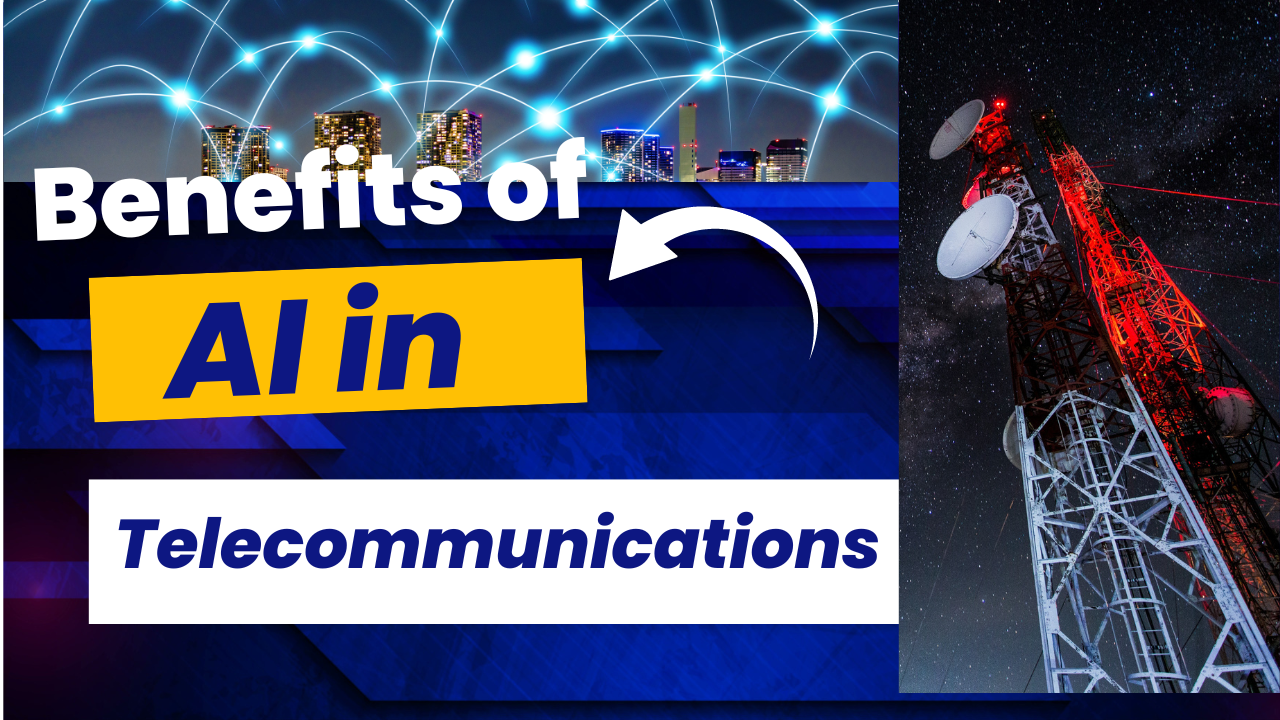ICTpost Governance Bureau
💉 In Rwanda, @babylonhealth offers remote diagnosis and health advice. 📚 @EnezaEducation in Kenya provides SMS-based learning for students without internet. 🌱 @DigitalGreenOrg empowers farmers with sustainable practices. 🚨 In the Philippines, eBayanihan aids disaster response.
AI is bridging access gaps and fostering resilience worldwide! #AIForGood #DigitalInnovation #MobileTech
The advancement of artificial intelligence (AI) has unlocked transformative potential for extending critical services to rural and marginalized communities worldwide. Through AI-powered mobile applications, healthcare providers, educational institutions, and governments are dismantling barriers like geographical isolation, language, and digital literacy. This is especially significant in the realm of mGovernance (mobile governance), where mobile platforms deliver essential services in healthcare, education, and agriculture, helping to bridge the digital divide for underserved populations.
AI-Driven Mobile Services
AI-driven mobile services have become essential tools in reaching communities with limited infrastructure and resources. These services can work on low-bandwidth networks, making them accessible in areas with minimal digital infrastructure and limited literacy.
Healthcare Access and Impact: AI-powered mobile applications, such as telemedicine platforms, allow remote diagnosis, health monitoring, and counseling. Babylon Health in Rwanda, for instance, uses an AI-driven app to provide healthcare consultations and symptom-checking to residents in rural areas. By offering services in Kinyarwanda, the app overcomes language barriers and reaches users with limited medical access, demonstrating how localized AI tools can meet unique healthcare needs.
Educational Reach and Success: AI-driven mobile platforms extend quality educational resources to remote regions. Eneza Education, a mobile education platform in Kenya, offers AI-tailored learning resources via SMS to students who lack internet access. This platform provides interactive, curriculum-aligned content and quizzes, enabling students in low-resource settings to continue their education without needing a smartphone or high-speed internet.
AI for Agriculture: Supporting Farmers with Sustainable Practices: For rural populations reliant on agriculture, AI-based mobile applications provide valuable resources. For example, Digital Green, an AI-enabled agricultural platform operating in India and sub-Saharan Africa, provides farmers with video-based training on sustainable farming practices. The platform also allows users to share videos in their local language, helping overcome literacy challenges and enabling farmers to increase crop yields sustainably.
The Role of AI in mGovernance for Bridging the Digital Divide: In the Philippines, eBayanihan, an AI-supported mobile platform, was developed to enable communities to report disasters and access disaster response services quickly. This app collects real-time data from citizens and, using AI analysis, helps the government coordinate immediate response efforts. Such tools demonstrate how AI-enabled mGovernance initiatives can empower communities to directly engage with government services and improve response times.
According to GSMA’s 2022 report, mobile internet penetration in low- and middle-income countries reached 55%, with more than 4 billion individuals having access to internet-enabled devices. While connectivity challenges persist in rural areas, mobile phones have become the most accessible digital tool for these populations, making mobile services highly effective in delivering critical services.
- A study by the World Health Organization (WHO) in 2020 reported that telemedicine interventions in rural and low-resource areas improved healthcare access and outcomes by as much as 30% compared to conventional services. This success is attributed to the availability of mobile platforms that facilitate remote diagnosis and health monitoring, as seen in initiatives like Babylon Health in Rwanda.
- According to UNESCO, AI-enabled mobile education platforms have brought learning opportunities to over 70 million children worldwide, improving literacy rates in marginalized communities by up to 40%.

Challenges
Despite the benefits, challenges such as low internet connectivity, affordability issues, and data privacy concerns remain. mGovernance platforms must continue to address barriers like digital literacy by incorporating voice-based interactions, multiple language options, and simplified interfaces. Moreover, data privacy protections are essential to safeguard the personal information of users, especially in vulnerable communities.
AI-driven mobile services offer a promising path for bridging the digital divide and providing underserved communities with critical healthcare, education, and government services. By designing mGovernance tools that account for language diversity, varying literacy levels, and infrastructure limitations, these services have the potential to create an inclusive digital ecosystem that empowers rural and marginalized populations, paving the way for sustainable social and economic growth. editor@ictpost.com
References
- GSMA Mobile Economy Report 2022
- World Health Organization Telemedicine Report, 2020
- UNESCO AI and Education Report, 2021
- Case Studies on Telemedicine and AI in Rwanda, Kenya, and the Philippines








